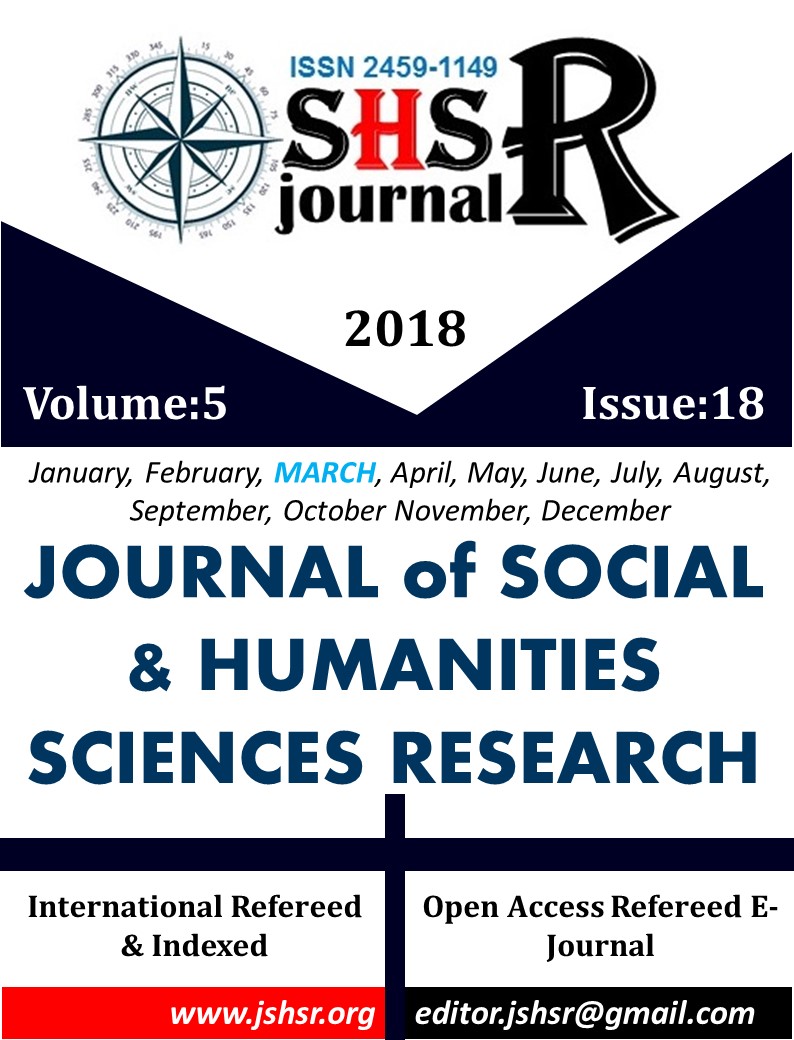THE ROLE OF A MUSLIM WOMAN IN CENTRAL ASIA IN THE PRESERVATION OF TRADITIONAL AND RELIGIOUS LIFE DURING THE SOVIET UNION PERIOD
DOI:
https://doi.org/10.26450/jshsr.377Keywords:
Central Asia, Islamic Religion, Women, Union of Soviet Socialist RepublicsAbstract
In the past as well as in present-day Central Asian Muslim societies, there has existed a purely local tradition, typical of the Turkestani world, in which women become honorific figures within Islam on the same level as mullahs. In Central Asia, these little-known preachers whose role it is to spread the faith are designated by the generic Uzbek term Otincha (or Otinbuvi), or by the Russified term Atincha. They exist, too, in the Chinese Muslim world, in particular in the Xinjiang autonomous region, which is an extension of the same Central Asian cultural, religious and geographic area. The same Atincha takes place in ethnic groups, which are; Persian-speaking Tajiks, as well as Turkic-speaking Uzbeks, Kirgiz, Kazakhs and Uigurs. Before exploring the role of the Atinchas in post-Soviet Central Asian society, it will be useful to take a brief look at the historical roots of this tradition in order to better understand how it has managed to survive to this day.
Downloads
Published
How to Cite
Issue
Section
License
Copyright (c) 2018 INTERNATIONAL JOURNAL OF SOCIAL HUMANITIES SCIENCES RESEARCH

This work is licensed under a Creative Commons Attribution 4.0 International License.


